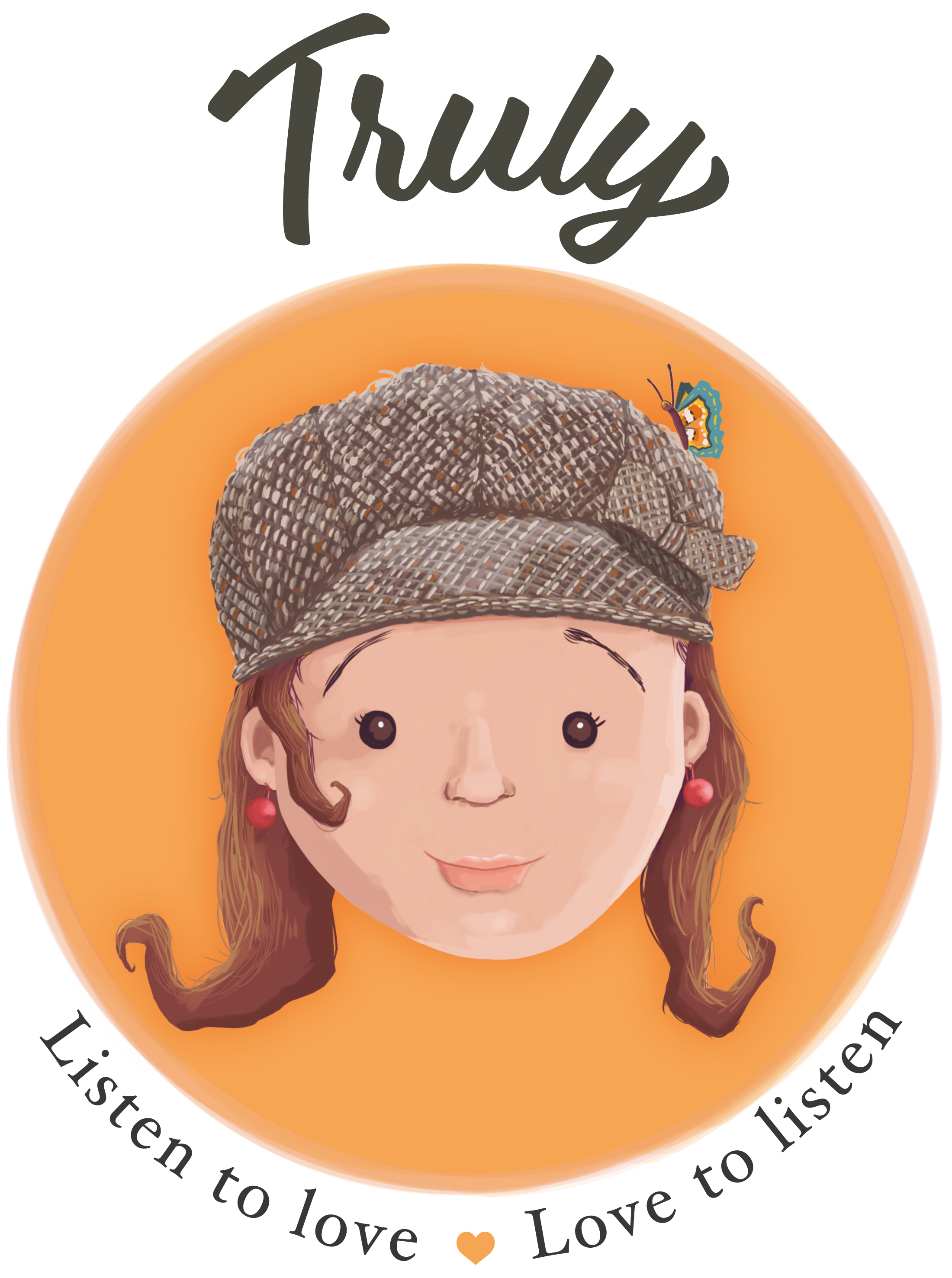Meditation

“Life became more precious, more interesting, and…calmer.”
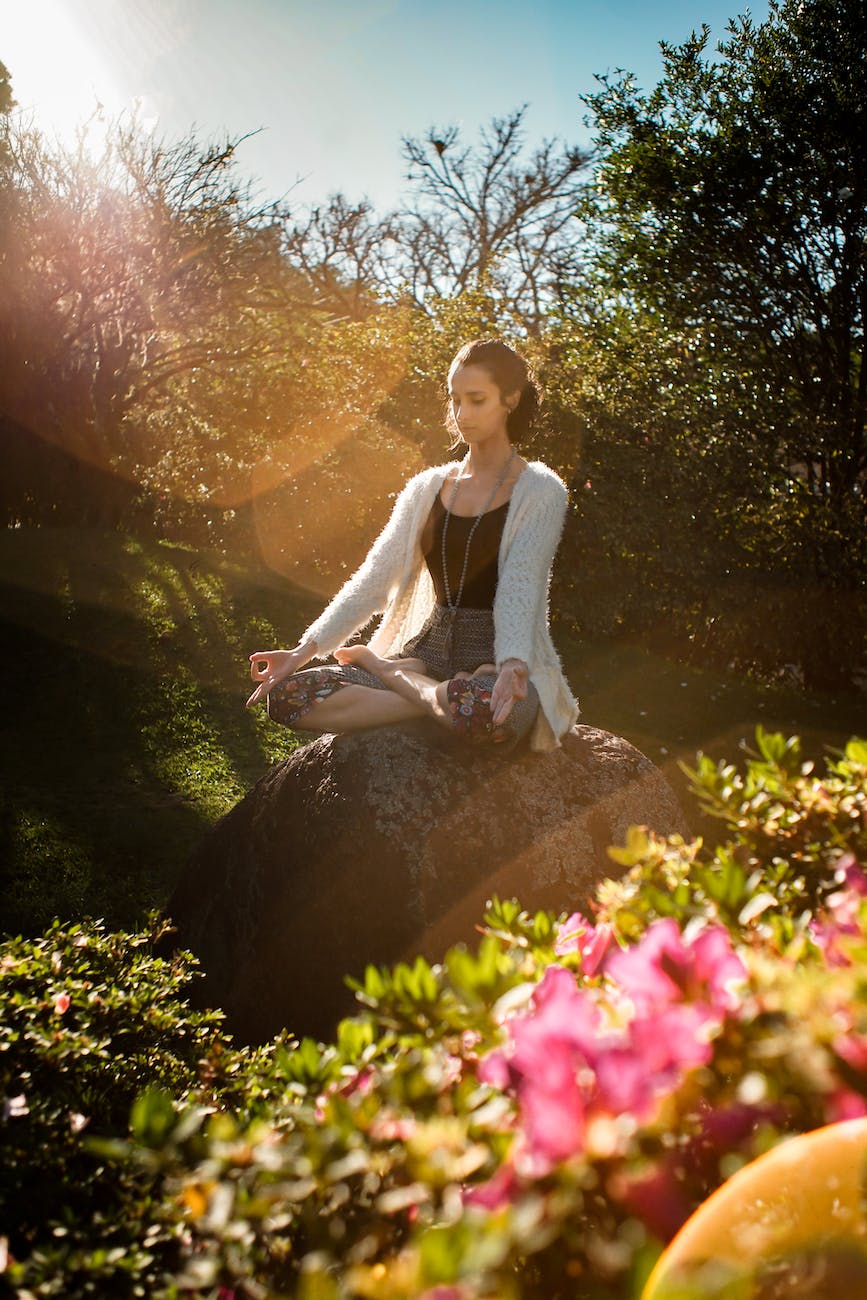
Meditation has been dear to my heart, ever since I moved to Australia in 2013.
I met someone who became my teacher, my guide and spiritual ‘go to’. Life became more precious, more interesting, and also became calmer.
I stopped smoking, somehow created time and space, and even recalled my dreams much more – as much as I used to when I was a child.
I even started to recognise that, after dreaming more vividly, things I consumed sometimes caused nightmares – meat, alcohol, and processed food in particular.
After a mining boom, I returned to the UK to study. After achieving a first class with honours degree two years later, I was sucked back into that black hole of modern ‘busy-ness’ and corporate politics once more; chewing me up and spitting me out.
Another two years, and 2020 arrived – the lowest and highest I’ve felt in a long time. Ever since then, I stand by the fact that meditation can be really helpful, especially in conjunction with taking care of your health in general. There is untapped power within all of us, ready to be mastered with a little discipline and sustained concentration.
When you choose to be still, with your eyes closed (taking away all that visual stimulation), you can actively focus on (rather than passively ignore) releasing tension from your muscles. You’d be surprised at how little we pay attention to how our bodies are feeling. To direct our attention to parts of our body can even be healing (not to mention relaxing or empowering). One’s body is known to have a direct impact on one’s state of mind and vice versa – and yet we continuously neglect our body and our minds, often letting one rule over the other, with dire consequences.
Listen to yourself. You’ll instinctively know exactly what needs to change. You are taking time for yourself – and in doing so, you can ask yourself what would make you happy in a sustained fashion both now and in the future. When you do this, you will make conscious choices that either move you closer to or sustain you in leading a generally happy, and more deeply contented life. Not that you’ll be escaping any of life’s problems, but I promise you, your conscious method of coping will be far more manageable and stress far easier to overcome.
Some of the hardest lessons for me, were those where I questioned everything outside of me. I came to truly understand that some people (those you wouldn’t even imagine could do such things) choose to exploit others’ vulnerabilities to seemingly reduce their own. Finally I understood fully, that, quite simply, hurt people hurt people.
Often an idealist – and – such an optimist that, I feel that if I set good examples, if everyone helped, if everybody lifted and cheered everyone else up, the world could change; a ripple of goodness from the village to the cities, to the outer reaches of the countries, then to the continents and eventually the world…
“…quite simply, hurt people hurt people.”

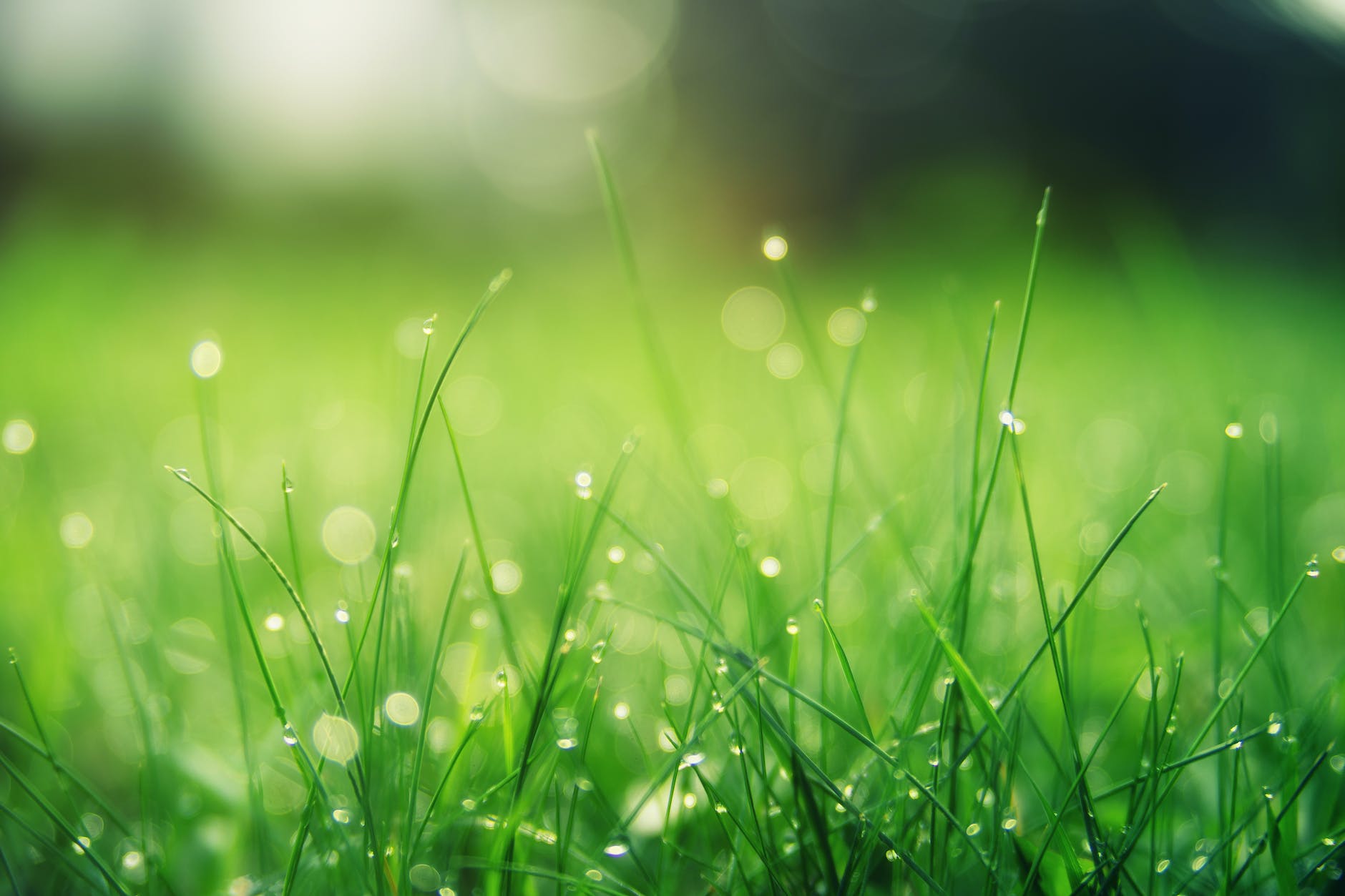
Unfortunately, there is a particularly distorted mental world held by many. A mental world shaped by how one has been treated during their childhood and by their primary caregivers, reminding us how important it is to protect, love and respect children. How one has been exposed to the darkness of the world can really distort how one’s behaviour is dictated as an adult. A dark, distorted, mental world is developed by those who are mistreated, feeling that they must now remain guarded, manipulate to achieve what they want and always find people’s weaknesses to exploit, in order to stay safe, in power and untouchable. Unsuspecting associates then subsequently experience this mental world, usually naively investing love in the wrong places.
The strongest lesson of all, and the most powerful, is to love oneself.
Without love for oneself, codependency in relationships can develop – which can ultimately lead to more heartbreak down the line, and will restrict both parties’ genuine freedom of expression. Freedom of expression to be exactly who you are, is in my opinion, living a life well lived.
Unfortunately, to have enough love and respect for yourself to be your truest self is also, the hardest lesson of all.

Were you hurt when you were growing up? Of course! Were you taken advantage of, manipulated? Perhaps. Did you fail to get the attention you thought you should have had as a child? Probably. Do you seek out or act out these behaviours now as an adult? I get it. It’s what you know. To survive. The problem with these strategies is that you eventually become your own biggest enemy and you forget to enjoy life and the people that hold joy, care and respect you for who you are. Yes, you!
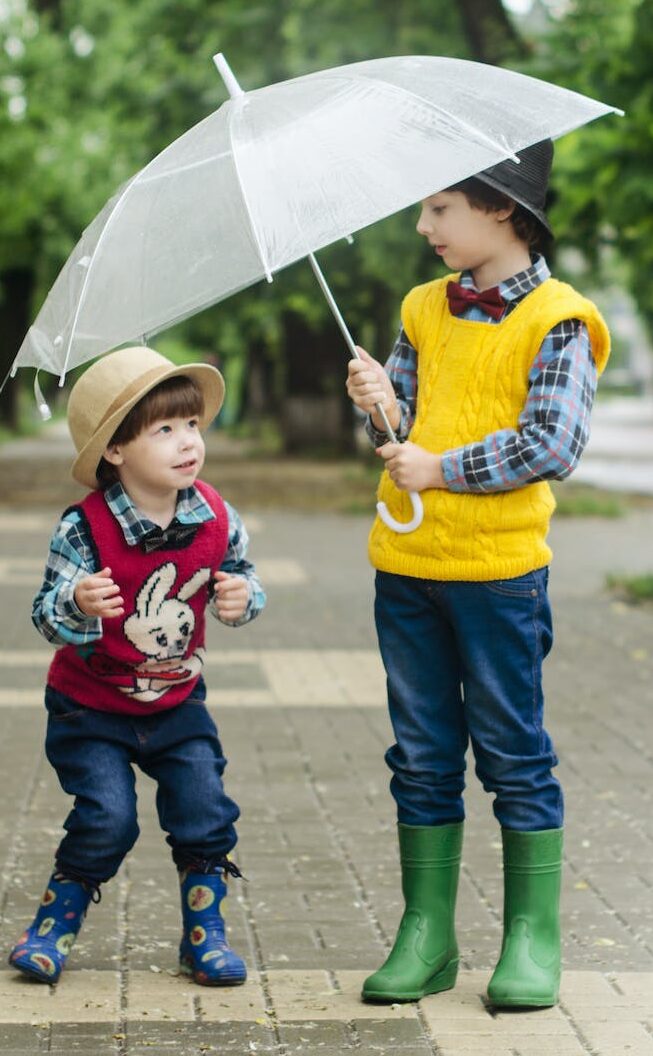
Mistrust of people, general worry & rumination about how you should be/talk/live may feel like second nature to you pessimists and overthinkers out there, forgetting to enjoy the little things.
And remember, genetics are only a small factor among many, for traits like optimism, which can help live a happier life (because you become really good at always seeing the bright side).
On the other hand, as Plato pointed out, pessimists are naturally prepared around their optimistic friends (good news for all those optimists that might have gotten rained on because they forgot their umbrella)!
The moral of this story is that manipulation, negativity and selfishness will only get you so far, and training your brain in that way will only serve to hurt you and those you love in the long run. We would be far better in this world, if we learned to protect ourselves and others by celebrating the little things, exchanging our positive energy for more positive energy and sharing how best to cope with the problems in life. Rain will always come, but which friends and family are willing to bring an umbrella to keep your light shining?
I believe our worldview derives from a deeper unconscious programming about the self – as well as protective. We fail to celebrate ourselves, our friends, our family. We fail to pursue that which brings genuine joy – relationships between people. We care only about comparisons and what others think. So inevitably, this often leads to upwards comparison (submission or inferiority) or downwards comparison (domination or superiority).
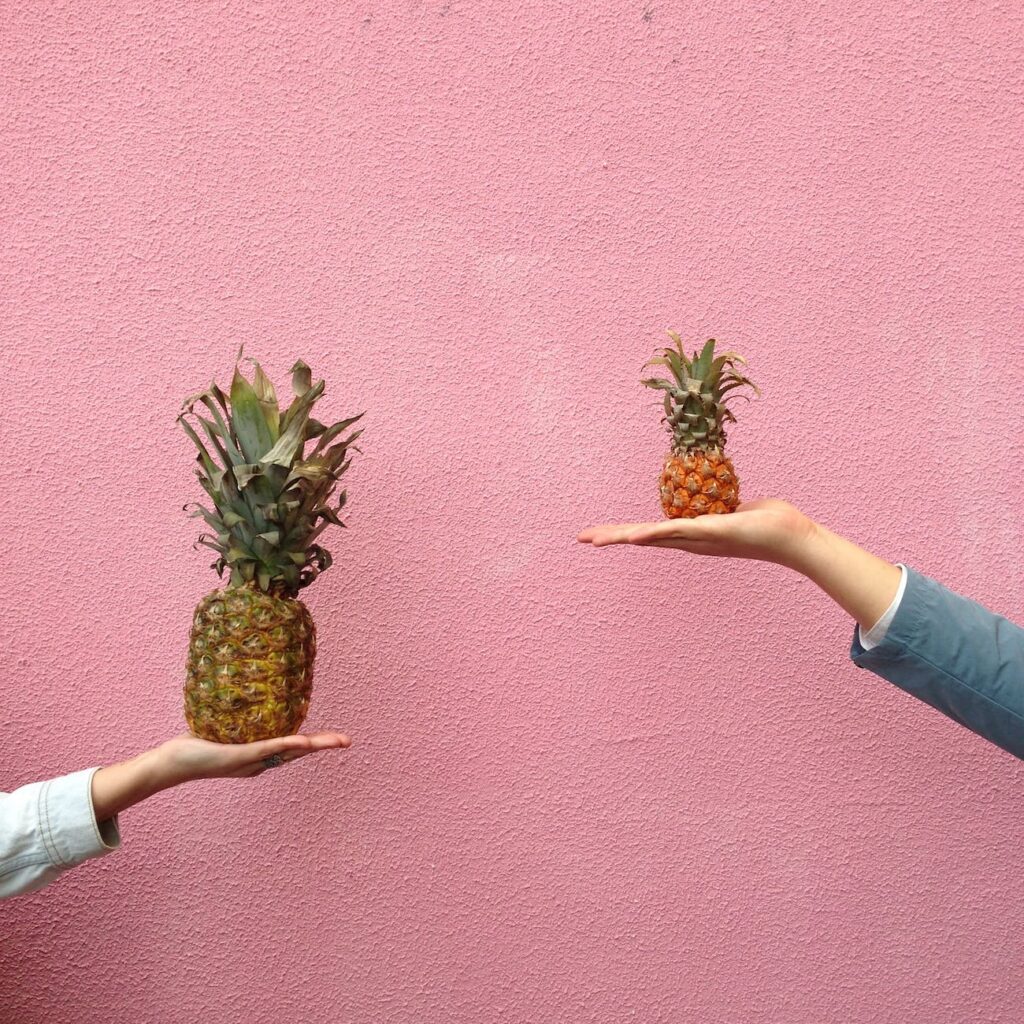
You can see how this becomes divisive and damaging to the world around you. Maybe you believe that you have to misuse people to get what you want, the world must be miserable, or you completely suppress and close yourself off from reality to feel safe. What lonely ways to live! We need to recalibrate to reality and re-program our brains. Ever heard of homeostasis…? This is a fascinating byproduct of meditation, scientifically tested with the greatest of yogis and monks!
Although my meandering through life included maintaining a core of idealism, seemingly eternal optimism has also helped shape my life. I eventually realised that my positivity, trust in others and desire to help and give a lot of my energy to others was, to my own detriment, although over time, became the source of my biggest lesson; the dam breaking with one final straw, which allowed me to see the damage underneath.
It has been an exploration that has taught me about the huge differences in moral codes, and how to change my behaviour to really protect myself. Ensuring others respect my boundaries has massively improved my inner and outer world. This is a part of learning to love yourself a little more, moving away from those who dim your light in favour of their own, rather than brightening the world together.
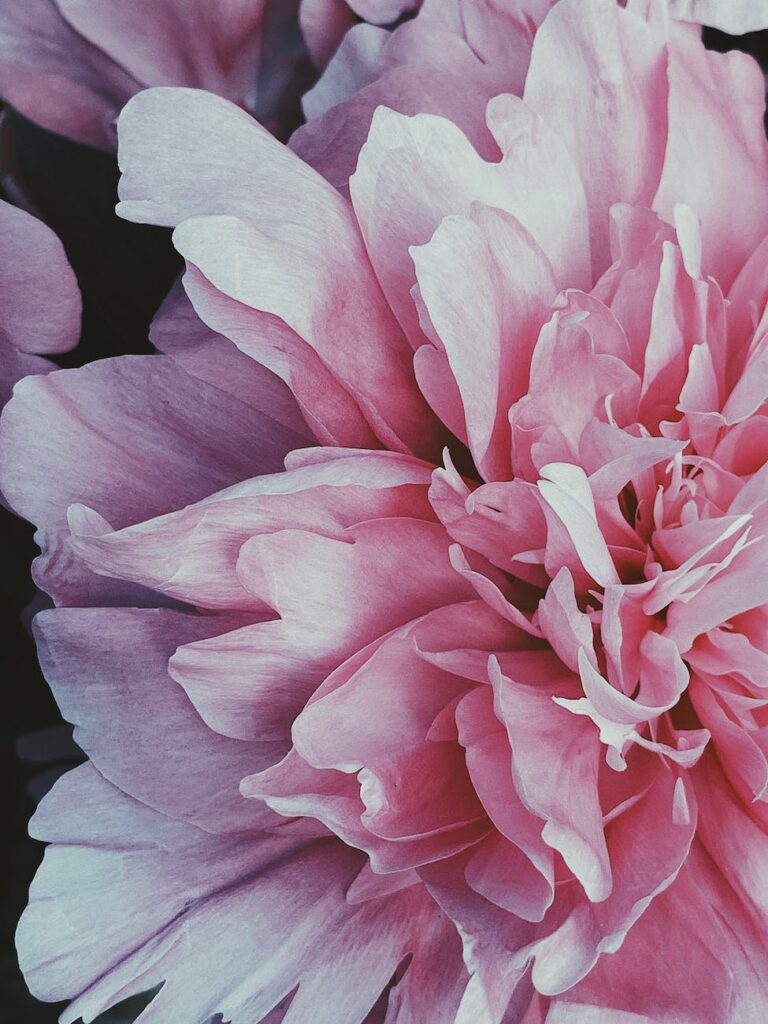
I speak from experience, when I recommend that you ‘listen to your inner guide’. This phrase made no sense to me when I was younger. However, as an adult, having meditated to a point of developing a sense of ‘knowing’ when speaking with colleagues, experiencing bliss, and even tears of joy, I now know that the more you meditate, the ‘louder’ your inner voice becomes, so to speak.
In my case, my outer voice has become louder too! Have a listen to me in a guided meditation here.
Having studied the topic of psychology over a few years, the concept of neuroplasticity grew in significance (no pun intended)!
Our brain consists of millions of neurons, i.e. brain cells. These neurons have what could be described as ‘tentacles’, otherwise known as ‘dendrites’. These dendrites send electrochemical messages between neurons.
The gaps in between these dendritic tentacles and the next neuron(s) in the network are called ‘synapses’ – gateways for chemical messengers called ‘neurotransmitters’ like serotonin or dopamine, which I’m sure you will have heard at some point if you ever looked into the scientific nature of happiness.
The more these neurotransmitters and messages flow between neurons, via these synapses, the stronger the neurons communicating actually become – and the easier it is for those neurons to communicate.

Of course, what you eat, how you sleep, how you exercise, what you learn and what you choose to think about can all have a profound effect on these neurotransmitters, synapses and overall brain activity.
In fact, our brain has been shown to physically change and grow when we think in a particular ‘direction’. Our brain becomes more efficient at thinking – whatever it is you’re thinking about. You can see how this might be dangerous, if you’re prone to anxiety or simply being hard on yourself.
So love, compassion, happiness and confidence – all of these emotions (which can be byproducts of thought) can also be directed as a choice, rather than fleeting feelings in reaction to whatever the world offers us at the time. Don’t get me wrong. It isn’t easy and it isn’t an overnight process. But it is a process. We all have more choice and less limits than we mentally impose upon ourselves.
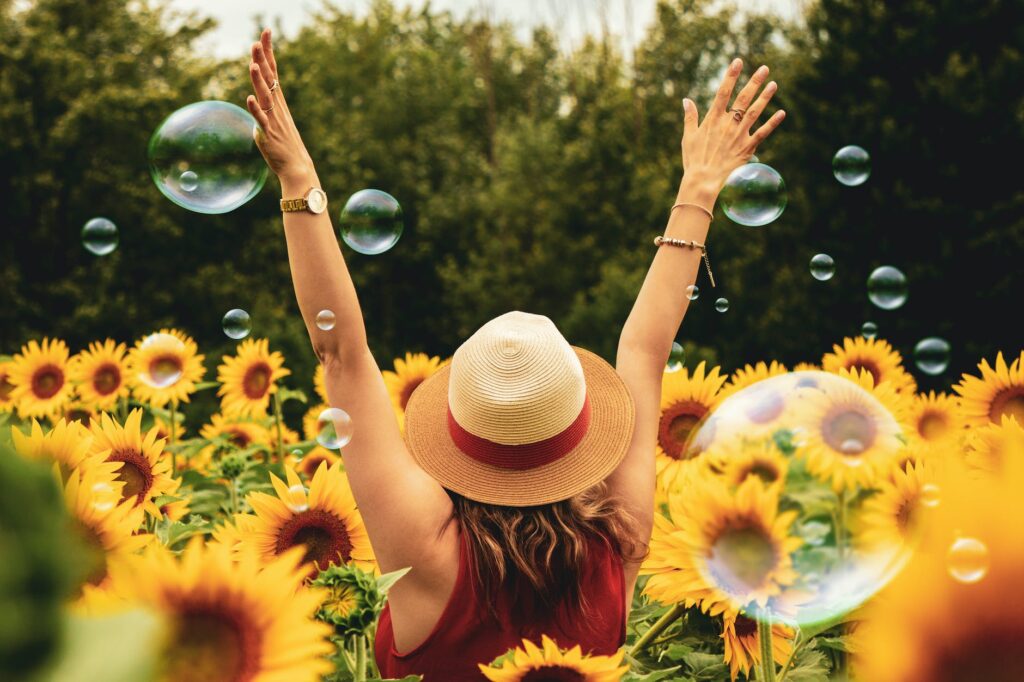
The overuse of the word ‘meditation’ brings with it negative connotations of an intangible boundaryless entity, with mystical influences, hidden and mysterious realms – frustratingly difficult to understand, let alone master.
With no hard and fast rules, how does one clear the mind anyway? Ok, so let’s simplify it. It’s a method of bringing awareness to literally any message that may be passed through your synapses – sensation, thought, emotion (please feel free to comment below if you think of others)…
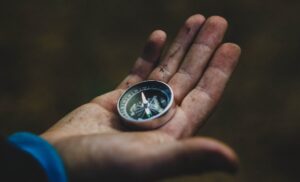
Metaphorically, deepened awareness helps to remove the overwhelming, un-foldable and busy map of ‘generally’ knowing where you are in life. This includes where you’ve been and where you intend to go.
Instead, an invisible compass is implanted in every nerve cell; the path clearer with every step. Meditation lends an ability to establish a greater close up awareness and enjoyment of the moment, the path, and your surroundings.
It’s much like when we immerse ourselves in a huge landscape on a hike. We feel small in comparison and so do our problems. We see beauty, we enjoy the exploration, and then feel more at ease, because we just have to keep taking one step at a time.
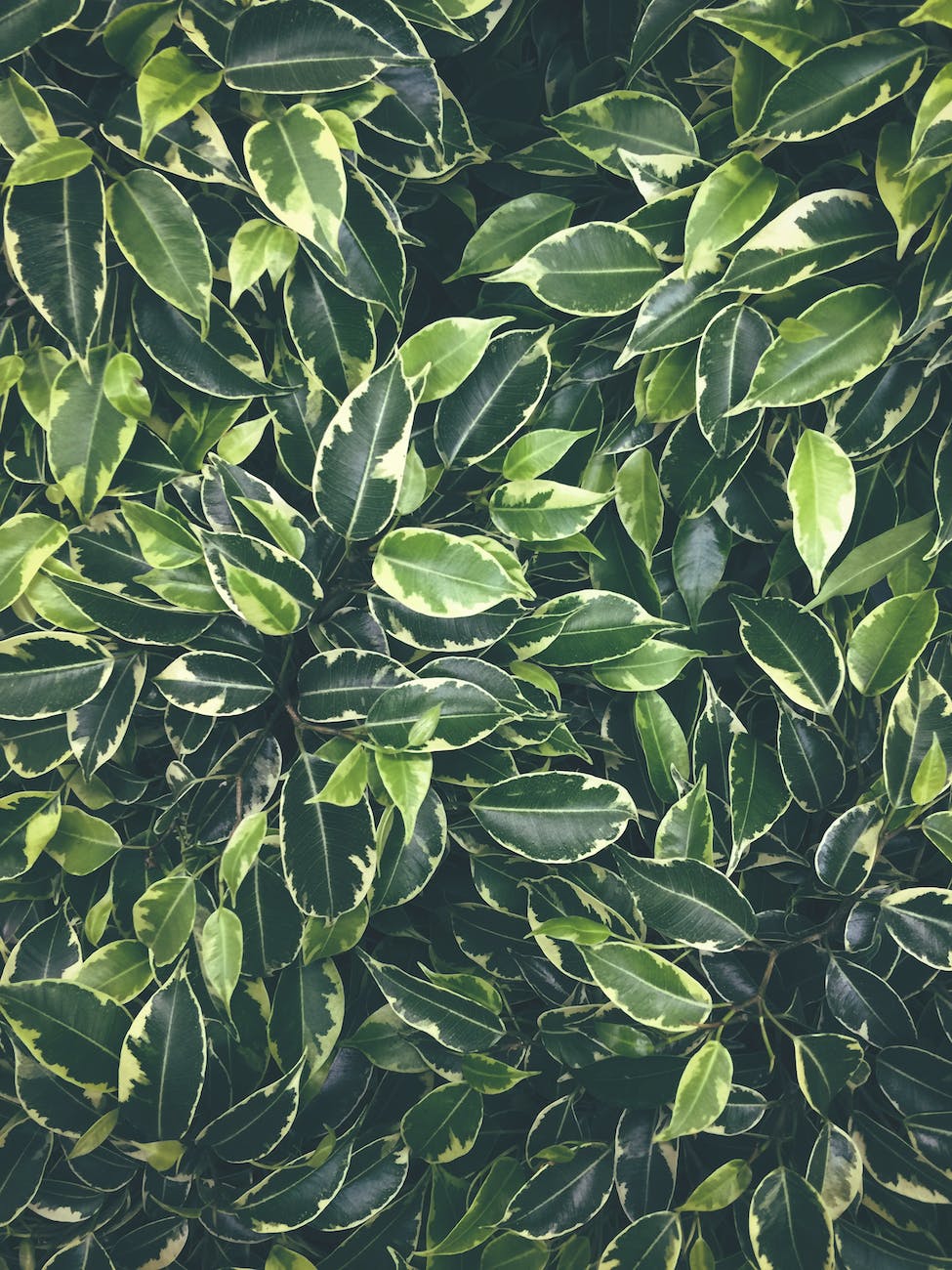
Meditation allows you to get closer to the true you; the daily unacknowledged thoughts, emotions and sensations are suddenly acknowledged. You’re no longer looking at the endless paper version mapping out an ideal. If we’re always looking at the map – the way it should be, the way it could be, and comparing our routes to other people’s routes, that feeling of being lost always lurks in the background.
Trust yourself. Be still, take one step at a time and open yourself to learning about those unacknowledged parts of yourself. No-one gets ‘there’, wherever ‘there’ is, overnight! Remember, your synapses are growing, I suspect, at the same pace as a plant does. So my advice? Be patient.

